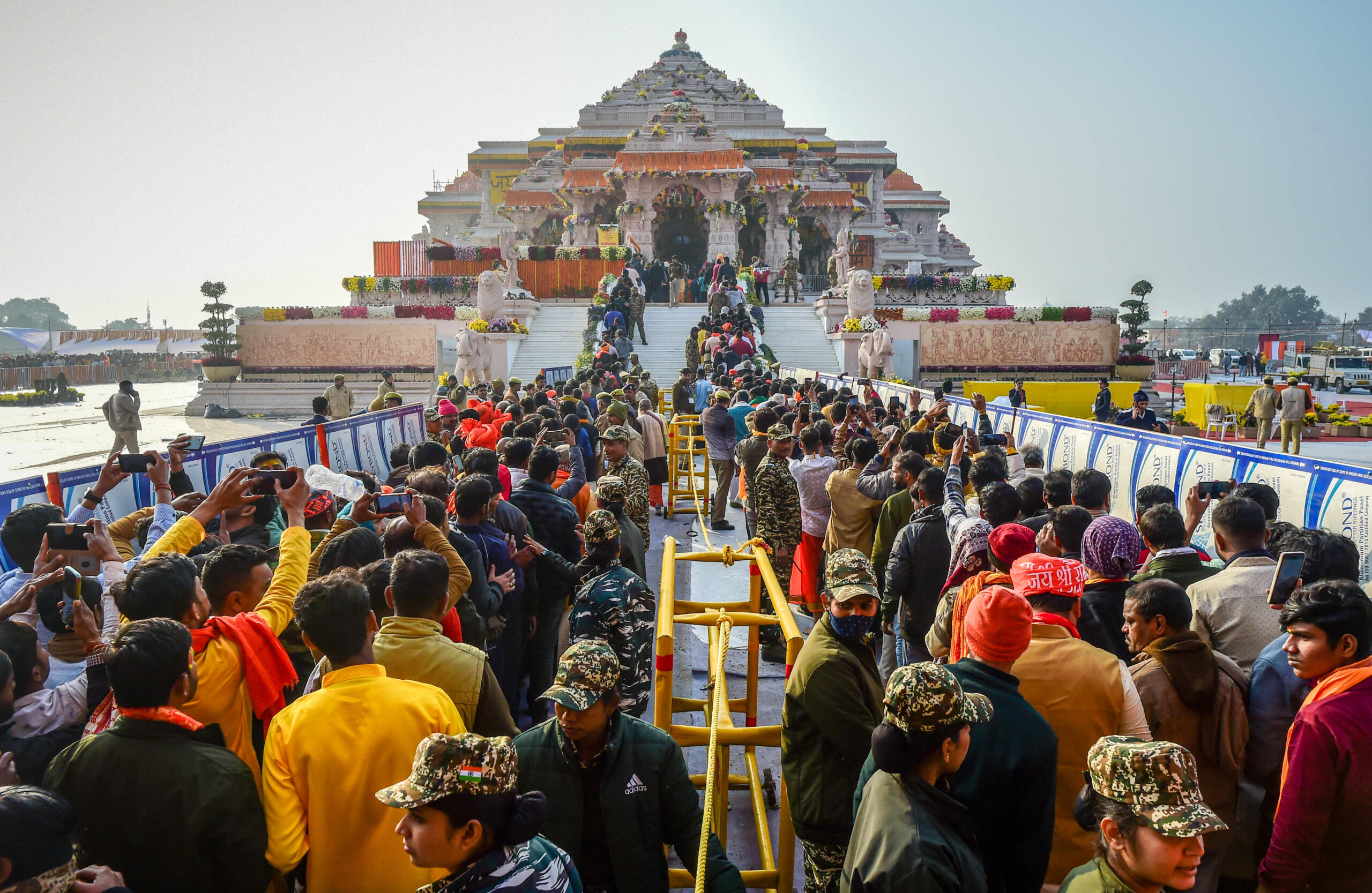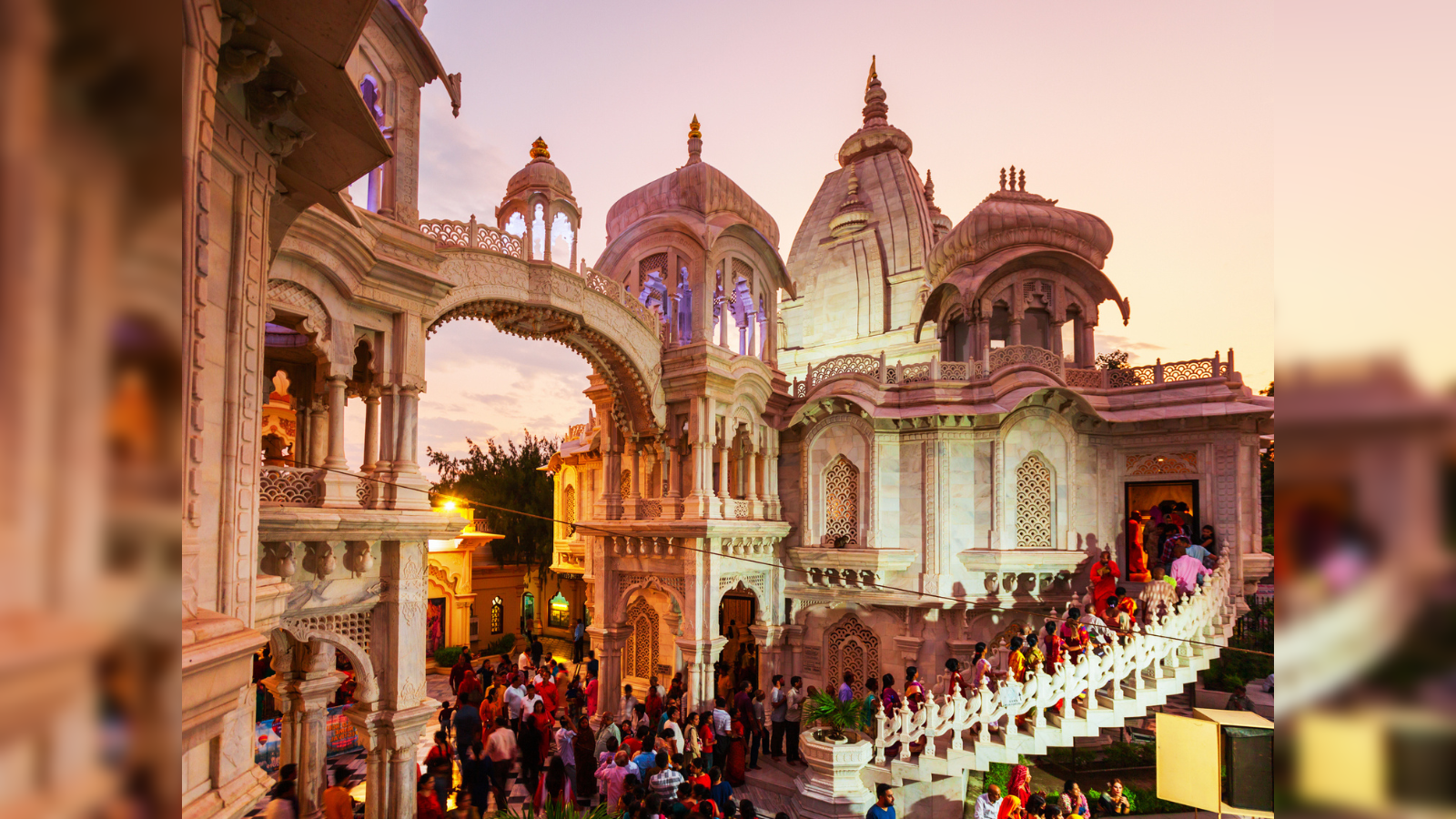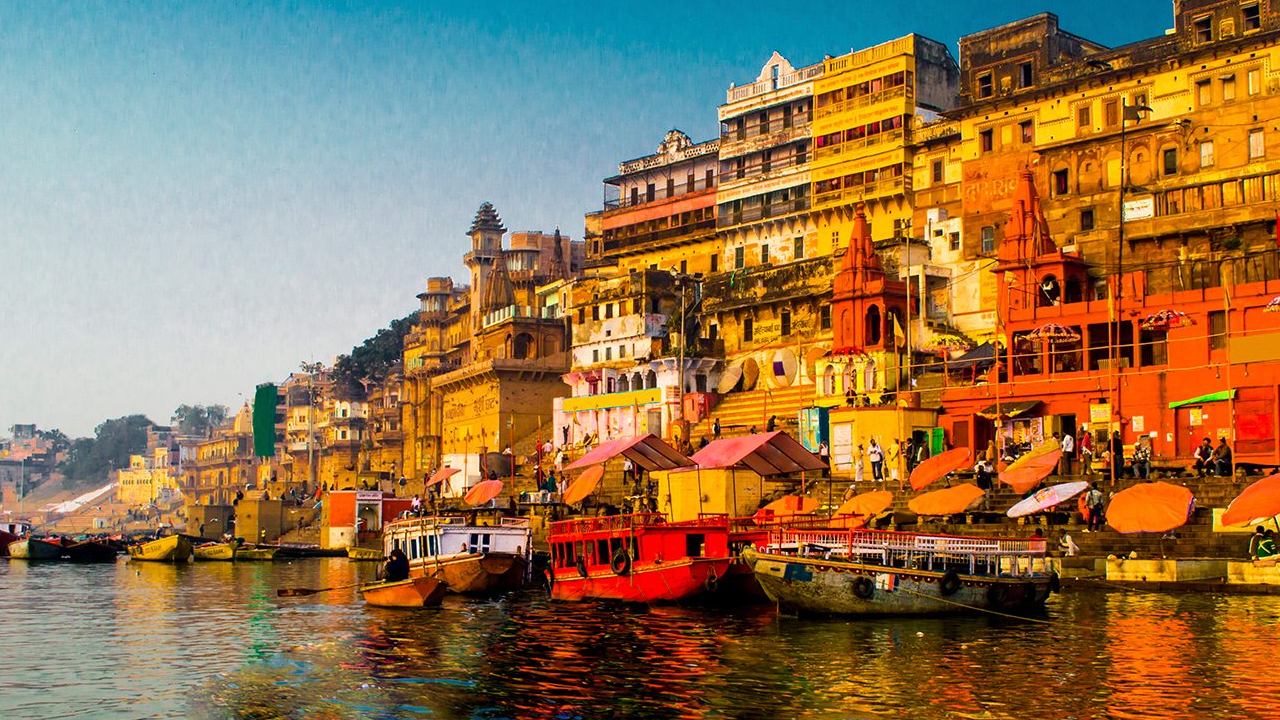Economic Impact of Religious Tourism on Local Communities

religious tourism, a vicinity of the tourism industry that involves travelling to non secular web sites, attending spiritual gala’s, and taking part in non secular rituals, is a super contributor to the global economic system. It not only enriches the cultural and spiritual studies of human beings but additionally offers giant economic benefits to close by corporations. this text delves into the multifaceted economic impacts of religious tourism on neighborhood groups, exploring direct, indirect, and brought about outcomes, and reading case research to focus on these affects.

Direct Economic Impacts
The direct economic affects of spiritual tourism are the immediate financial advantages that nearby communities receive from tourists. these affects are most apparent in the sales generated by neighborhood agencies, employment opportunities, and infrastructure development.
Also read – Planning Your Trip to Ayodhya from Rajasthan
1. revenue era:
religious tourism brings giant sales to close by economies. Pilgrims and tourists invest in accommodations, food, transportation, souvenirs, and specific offerings. This influx of spending helps nearby businesses and might considerably increase the close by financial gadget. as an example, the annual Hajj pilgrimage to Mecca generates billions of greenbacks for Saudi Arabia, reaping rewards severa sectors consisting of hospitality, retail, and shipping.
2. Employment opportunities:
The inflow of vacationers necessitates a group of workers to cater to their wishes. This creates jobs in numerous sectors including hospitality, transportation, retail, and tour guiding. In cities like Varanasi, India, a prime Hindu pilgrimage website online, religious tourism provides employment to heaps of locals, from lodge personnel to boat operators on the Ganges River.
3. Infrastructure development:
to accommodate the desires of spiritual travelers, local governments and personal investors frequently invest in infrastructure development. This consists of constructing and upgrading roads, airports, motels, and spiritual websites themselves. Such trends not most effective serve tourists however also beautify the exceptional of life for nearby residents. as an instance, the development of the Golden Temple in Amritsar, India, has brought about giant enhancements within the metropolis’s infrastructure.
Also read – Everything You Need To Know About Chhappan Bhog
Indirect Economic Impacts
indirect economic influences check with the secondary outcomes that religious tourism has at the financial system. those influences include the commercial enterprise generated for providers and the wider monetary stimulation that takes place as a result of extended tourism pastime.

1. supply Chain Enhancement
Neighborhood organizations that cater immediately to travelers frequently depend on different local providers for goods and offerings. for example, accommodations and eating places buy meals, cleansing elements, and different products from local providers. This creates a ripple impact, stimulating economic interest throughout numerous sectors. In Jerusalem, the call for for non secular artifacts and souvenirs boosts neighborhood craftsmanship and retail groups.
2. funding in nearby organizations:
The fulfillment of spiritual tourism can appeal to funding from each local marketers and outside investors. This investment can cause the established order of recent organizations and the expansion of present ones, similarly stimulating monetary increase. In Lourdes, France, a famous Catholic pilgrimage web page, the inflow of vacationers has attracted substantial investment in hospitality and healthcare services.
Also read – Top 5 Pilgrimage Places To Visit in India from Delhi in January
3. network improvement packages:
revenue from spiritual tourism often budget community improvement projects. as an instance, a few non secular sites and organizations allocate a portion in their profits to social welfare applications, healthcare, and schooling initiatives. This now not handiest improves the residing standards of neighborhood residents however also fosters a positive relationship between tourists and the network.
Induced Economic Impacts
Induced economic impacts are the broader economic benefits that arise when employees and business owners in the tourism sector spend their earnings locally. This spending supports other businesses and services within the community, creating a cycle of economic activity and growth.
1. improved local Spending:
employees in the tourism sector spend their wages on housing, groceries, schooling, and other requirements. This spending helps nearby stores, faculties, healthcare carriers, and other services, in addition boosting the neighborhood financial system. for example, in Fatima, Portugal, the profits generated from non secular tourism helps a extensive variety of neighborhood agencies and offerings.
2. more suitable first-class of lifestyles:
The monetary prosperity introduced about by way of religious tourism can result in an universal improvement inside the best of existence for nearby residents. better employment possibilities, advanced infrastructure, and extended access to offerings make contributions to a better general of residing. In flip, this can make the network greater attractive to in addition tourism and funding.

3. Cultural renovation and merchandising:
non secular tourism regularly results in the protection and advertising of neighborhood tradition and traditions. The sales generated may be used to keep non secular web sites, fund cultural festivals, and support artisans. This cultural enrichment not handiest draws greater tourists however also instills a feel of delight and identity among nearby residents.
Also read – Places to Visit Near Varanasi
Case Studies
To better understand the economic impact of religious tourism on local communities, let’s examine some specific case studies from around the world.
1. Mecca, Saudi Arabia:
the yearly Hajj pilgrimage is one in each of the largest spiritual gatherings within the international, attracting loads of heaps of Muslims from around the world. The financial effect on Mecca and the surrounding place is profound. The sales generated from lodging, meals, transportation, and different offerings supports a good sized a part of the close by economic system. additionally, the Saudi authorities invests heavily in infrastructure to address the inflow of pilgrims, creating jobs and improving the first-rate of life for community residents..
2. Varanasi, India:
referred to as the religious capital of India, Varanasi draws hundreds of thousands of Hindu pilgrims every yr. The city’s financial system is closely reliant on spiritual tourism, with great sales generated from accommodations, restaurants, boat rides, and the sale of religious objects. Employment possibilities in those sectors offer livelihoods for heaps of locals. The neighborhood government additionally invests in infrastructure and beautification projects to decorate the revel in for pilgrims and tourists.
3. Lourdes, France:
Lourdes is one of the maximum vital Catholic pilgrimage websites, attracting thousands and thousands of traffic yearly. The local economic system blessings significantly from the spending of these pilgrims on accommodation, food, souvenirs, and healthcare offerings. The town’s infrastructure has been notably evolved to cater to the needs of pilgrims, creating jobs and boosting nearby organizations. additionally, the non secular tourism revenue supports network improvement projects and social services.
4. Jerusalem, Israel:
Jerusalem is a major religious tourism destination for Jews, Christians, and Muslims. The city’s economy benefits from the spending of millions of tourists who visit its religious sites. The tourism sector supports a wide range of local businesses, from hotels and restaurants to tour operators and souvenir shops. The revenue generated also contributes to the preservation of religious and historical sites, as well as community development initiatives.
Challenges and Considerations
While the economic benefits of religious tourism are significant, there are also challenges and considerations that need to be addressed to ensure sustainable and equitable growth.
1. Overcrowding and Environmental effect:
The influx of huge numbers of tourists can lead to overcrowding, setting stress on nearby infrastructure and sources. this could result in environmental degradation and negatively effect the best of lifestyles for local citizens. powerful control and sustainable tourism practices are crucial to mitigate those issues.
2. Cultural Sensitivity:
religious tourism calls for a excessive degree of cultural sensitivity and appreciate for neighborhood customs and traditions. it’s miles important for tourists to recognize and respect the religious importance of the websites they visit. training and consciousness packages can assist sell respectful conduct and reduce capacity conflicts.
2. monetary Disparities:
even as spiritual tourism can convey vast economic advantages, it is essential to ensure that those advantages are dispensed equitably inside the network. Efforts must be made to assist small and nearby corporations, create inclusive employment opportunities, and put money into network development.
4. Dependency on Tourism:
Over-reliance on spiritual tourism can make local economies prone to fluctuations in traveler numbers due to political instability, natural disasters, or worldwide sports inclusive of pandemics. Diversifying the neighborhood financial device and growing resilience techniques are crucial to mitigate those risks.
Conclusion
spiritual tourism plays a crucial function inside the economic development of local communities around the sector. The direct, oblique, and brought about financial impacts provide great benefits, from sales generation and employment opportunities to infrastructure improvement and network development. but, it’s far vital to deal with the challenges and considerations associated with non secular tourism to make sure sustainable and equitable increase. via selling cultural sensitivity, sustainable practices, and equitable financial improvement, spiritual tourism can maintain to complement each the religious stories of tourists and the livelihoods of neighborhood groups.
